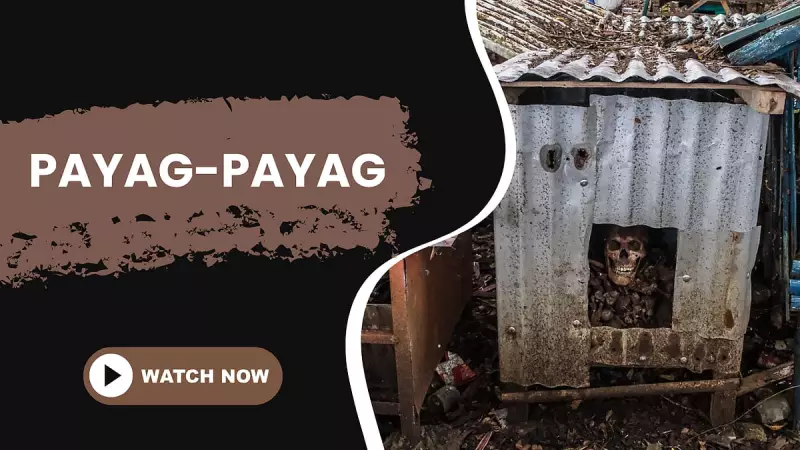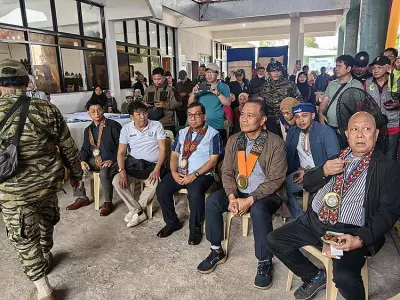
In a stunning archaeological revelation that's rewriting history books, researchers have uncovered what local communities are calling a 'house made of bones' in Cebu, Philippines. This extraordinary discovery provides unprecedented insight into pre-colonial Filipino burial customs and spiritual beliefs.
A Structure of Skeletal Remains
The site features human bones meticulously arranged to form what appears to be the walls and foundation of a small dwelling. Unlike typical burial grounds where remains are simply interred, this discovery suggests a sophisticated ritual practice where the deceased were integrated into a symbolic structure.
Archaeological experts are marveling at the careful placement of each bone, indicating this was no haphazard burial but a deliberate, meaningful construction that likely held deep spiritual significance for the ancient community.
Unlocking Pre-Colonial Mysteries
This remarkable find challenges previous assumptions about ancient Filipino death rituals. The 'house of bones' suggests a belief system where the physical remains of ancestors continued to play an active role in the community's spiritual life.
"This discovery fundamentally changes our understanding of how pre-colonial Filipinos viewed death and the afterlife," explained lead archaeologist Dr. Maria Santos. "The careful construction indicates they saw their ancestors as continuing to provide protection and stability, much like a physical house shelters the living."
Cultural Significance and Preservation
The burial site offers invaluable clues about:
- Ancient Filipino spiritual beliefs and ancestor worship
- Social hierarchy and burial practices
- Pre-colonial architectural concepts
- Community relationships with death and the afterlife
Local cultural preservation groups are working closely with archaeologists to ensure the site is protected while allowing for careful study. The discovery has generated excitement among historians and anthropologists worldwide, who see it as a crucial piece in understanding Southeast Asian cultural development.
Future Research and Implications
As excavation and analysis continue, researchers hope to determine the age of the remains through carbon dating and uncover more about the people who created this unique burial structure. The findings may reveal connections to other ancient cultures in the region and provide deeper understanding of how death rituals evolved in the Philippines.
This 'house of bones' stands as a powerful testament to the sophisticated spiritual world of ancient Filipinos, reminding us that our ancestors had complex relationships with death that we are only beginning to comprehend.





